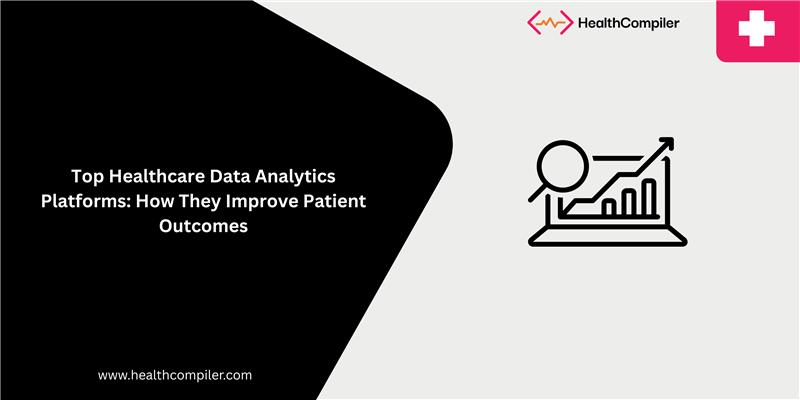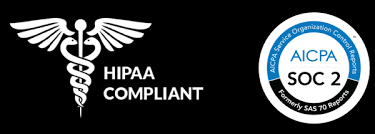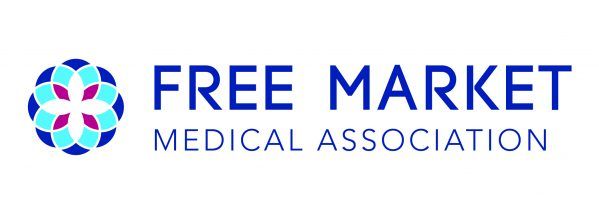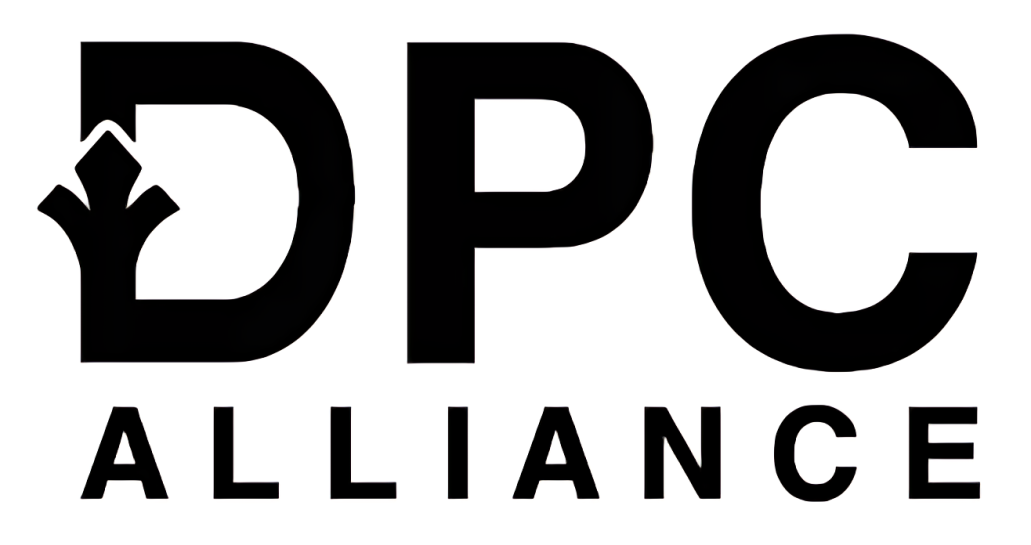Top Healthcare Data Analytics Platforms: How They Improve Patient Outcomes

The healthcare industry generates enormous amounts of data every day, from electronic health records and lab results to wearable devices and patient surveys. But raw data alone doesn’t improve care. What makes the difference is how that information is organized, analyzed, and turned into actionable insight. That’s where a health data analytics platform comes in.
Today’s leading healthcare data analytics solutions are transforming how organizations deliver care, measure performance, and make decisions. This blog explores the role of a healthcare data analytics platform, the benefits of data analytics in healthcare, and what to look for in the best health data analytics platforms in 2025.
What Is a Healthcare Data Analytics Platform?
A healthcare data analytics platform is a system that integrates data from multiple sources, such as clinical records, claims, pharmacy data, and patient engagement tools, and applies advanced analytics to extract meaningful insights.
Unlike traditional reporting systems, modern health analytics software goes beyond retrospective analysis. It helps providers and payers identify trends, predict risks, and evaluate the effectiveness of interventions.
In other words, it bridges the gap between data overload and smarter decision-making.
Benefits of Data Analytics in Healthcare
The benefits of data analytics in healthcare extend across clinical, operational, and financial domains:
- Better patient outcomes: By spotting early warning signs and predicting risks, clinicians can intervene before conditions escalate.
- Personalized care: A
clinical data analytics platform helps stratify patients by risk level and tailor care plans accordingly.
- Operational efficiency: Predicting appointment no-shows or staffing needs allows hospitals and practices to allocate resources more effectively.
- Cost management: Payers and employers can identify high-cost drivers and implement strategies to reduce unnecessary utilization.
- Compliance and reporting: Streamlined dashboards make it easier to meet regulatory, payer, and employer reporting requirements.
These benefits make analytics an essential part of modern healthcare strategy.
How Health Data Analytics Improves Patient Outcomes
One of the most important questions providers ask is: how does health data analytics improve patient outcomes?
The answer lies in three core areas:
- Risk prediction: By analyzing patterns in patient histories, lab results, and even wearable data, platforms can identify rising-risk patients before complications occur.
- Care coordination: Analytics highlights gaps in care, such as missed follow-ups or medication non-adherence, so teams can act quickly.
- Population health management: By segmenting populations, providers can focus interventions where they make the greatest impact, improving outcomes across entire groups.
When these insights are applied consistently, providers move from reactive treatment to proactive, preventive care.
Best Health Data Analytics Platforms 2025: What to Look For
As the market evolves, choosing the best health data analytics platforms 2025 comes down to capabilities that balance sophistication with usability. Key features include:
- Integration: The ability to pull in structured and unstructured data from EHRs, claims, labs, and patient engagement tools.
- Actionable dashboards: Clear, intuitive visuals that translate complex analytics into decisions clinicians and administrators can use daily.
- Predictive modeling: Built-in AI and machine learning capabilities to forecast risks and optimize care.
- Customization: Flexibility to tailor reporting for clinicians, administrators, employers, or payers.
- Scalability: A platform that grows with the practice or network, adapting to larger data volumes without sacrificing performance.
These are the traits that separate simple reporting tools from true healthcare data analytics platforms.
Final Word
Healthcare is moving from volume to value, and data is at the center of that transformation. A health data analytics platform is no longer a nice-to-have, it’s the key to delivering better outcomes, improving efficiency, and proving value to stakeholders.
At Health Compiler, we believe the best analytics don’t add complexity, they simplify it. Our healthcare data analytics solutions help practices, employers, and networks surface the insights that matter most, so they can focus on what matters most: patient outcomes.




